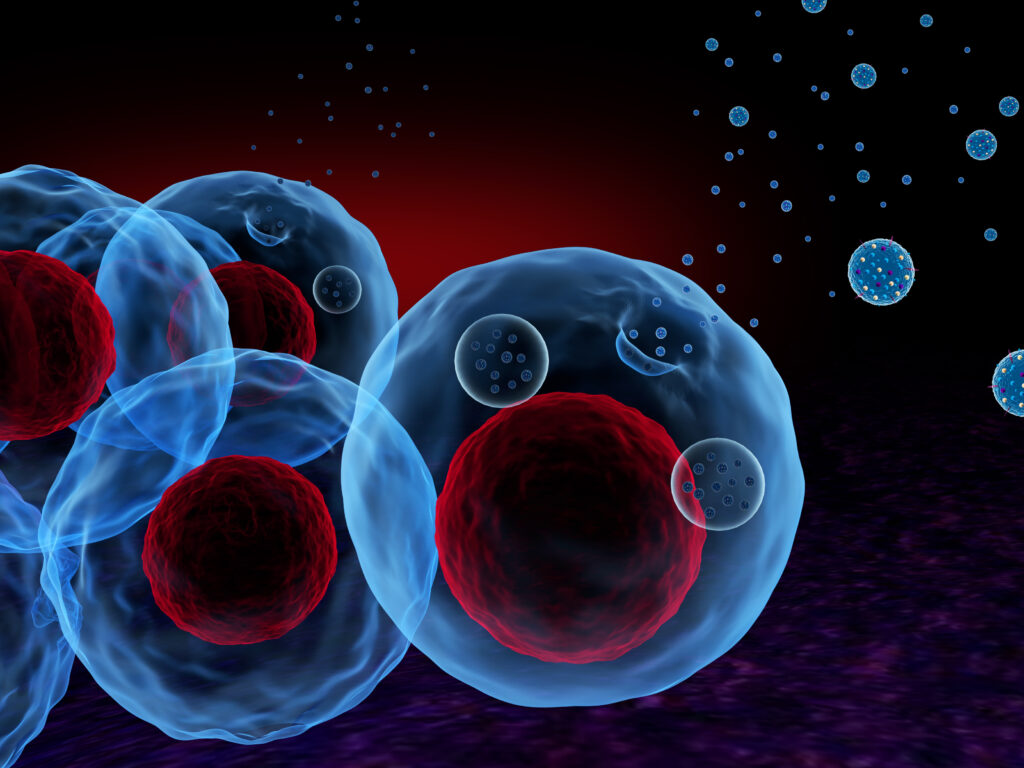Wound healing is a complex and dynamic process that is vital for restoring skin integrity following injury. However, the healing process can sometimes be disrupted, particularly in individuals with chronic conditions. In a recent study, the authors Mahdis Nazari, Siavash Taremi, Reza Elahi, Parsa Mostanadi, and Abdolreza Esmeilzadeh explore the critical role of macrophages in both normal and pathological wound healing.
Macrophages are essential players in the wound healing process, exhibiting a remarkable degree of phenotypic diversity. They can adopt various roles, primarily categorized into the pro-inflammatory M1 phenotype and the pro-healing M2 phenotype. An imbalance between these two phenotypes, often characterized by an overactive M1 response, can significantly hinder the healing process. This study highlights the importance of modulating macrophage activity to promote effective wound healing, especially in cases of chronic non-healing wounds.
The authors suggest that therapeutic strategies aimed at suppressing the M1 phenotype or encouraging the shift of local macrophages towards the M2 phenotype could present viable treatments for chronic wounds. The manuscript reviews several innovative approaches targeting M2 macrophages, including ex vivo-activated macrophage therapy, immunopharmacological strategies, and biomaterial-directed macrophage polarization.
However, the authors caution against potential drawbacks associated with M2 macrophage therapies. Rapid phenotypic changes, adverse effects on surrounding skin cells, biotoxicity, and concerns regarding biocompatibility, stability, and drug degradation are critical factors that must be addressed. This underscores the need for more refined macrophage-based therapies to ensure safety and efficacy in reprogramming dysregulated macrophages.
Recent advancements in nano-biomaterials have shown promise in enhancing wound healing compared to traditional treatments. The study discusses the progress in biomaterial-assisted macrophage targeting for chronic wound repair and the challenges encountered in clinical applications. The authors also explore novel design concepts for combinational therapies, such as integrating regenerative particles like exosomes into dressing materials or utilizing microneedling systems to encapsulate these particles, thereby improving healing rates.
In summary, the research presented by Nazari, Taremi, Elahi, Mostanadi, and Esmeilzadeh offers valuable insights into the pivotal role of macrophages in wound healing. It emphasizes the potential of targeted therapies aimed at macrophage modulation and introduces innovative biomaterial strategies to enhance wound repair. As the field continues to evolve, further studies are essential to refine these approaches and address the challenges associated with clinical implementation.


